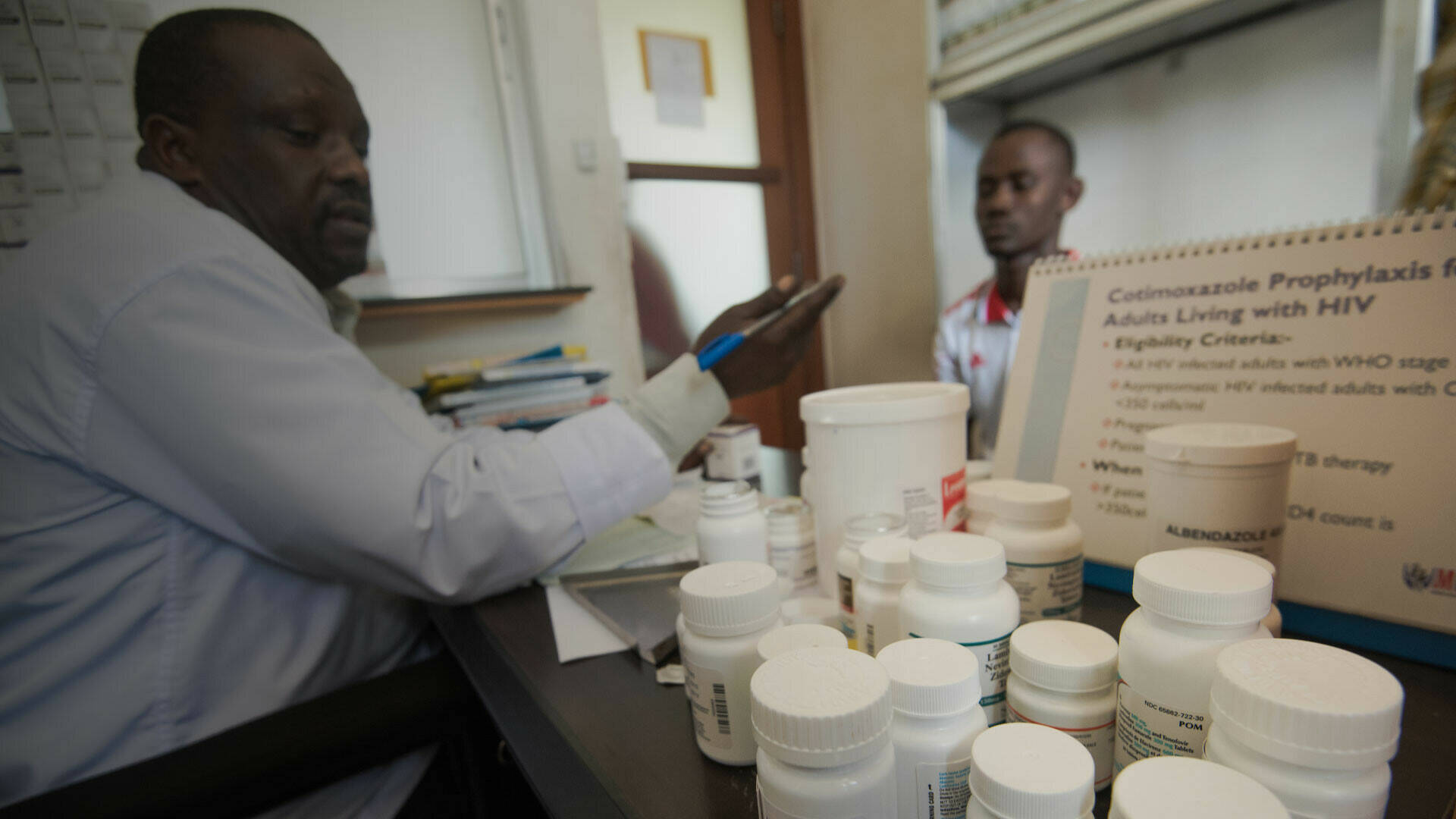

EPIRISK-Ebov
Coordinator: Francine Ntoumi, Fondation Congolaise pour la Recherche Médicale, Republic of Congo
Other Beneficiaries :
- Bernhard-Nocht-Institut für Tropenmedizin (BNITM), Germany
- Institut de Recherche pour le Développement (IRD), France
- Centre de Recherches Médicales de Lambaréné (CERMEL), Gabon
- University College London (UCL), United Kingdom
The Republic of Congo shares a border with the Democratic Republic of the Congo (DRC), marked by the River Congo. In 2018, Ebola infections were detected along the River Congo, as well as in the major outbreak in the north of the DRC.
Recognising the risk of spillover, the Republic of Congo adopted a preparedness approach and formally requested international assistance from PANDORA-ID-NET and its partners. At the same time a sub-group of the PANDORA-ID-NET has successfully submitted the EPIRISK proposal to the EDCTP Emergency call.
The EPIRISK-Ebov project aimed to carry out a range of activities to support preparedness in the Republic of Congo. Its main aim was to provide additional epidemiological information of exposure to Ebola virus along the border with the DRC, by identifying individuals carrying antibodies to Ebola and comparing the numbers with a control population in Brazzaville. The project also investigated the properties of Ebola-specific antibodies and cell-based immune responses, and explored risk factors for Ebola infection among the local population. An additional strand of work focused on identifying the most common viral and bacterial infections in the local population, using state-of-the-art diagnostic technologies.
The EPIRISK-Ebov project has provided important benchmark data on past exposures to Ebola virus and on current patterns of infection in the Republic of Congo. Importantly, it was involved in training of staff from key national research and public health institutions in the Republic of Congo, building capacity in diagnostics, biosafety, immunological and other laboratory procedures, and social science. The project team has maintained regular communication with the Ministry of Public Health, involving key ministry staff and integrating its activities fully into national surveillance activities.
scroll down

scroll down
EPIRISK-Ebov

The Republic of Congo shares a border with the Democratic Republic of the Congo (DRC), marked by the River Congo. In 2018, Ebola infections were detected along the River Congo, as well as in the major outbreak in the north of the DRC.
Recognising the risk of spillover, the Republic of Congo adopted a preparedness approach and formally requested international assistance from PANDORA-ID-NET and its partners. At the same time a sub-group of the PANDORA-ID-NET has successfully submitted the EPIRISK proposal to the EDCTP Emergency call.
The EPIRISK-Ebov project aimed to carry out a range of activities to support preparedness in the Republic of Congo. Its main aim was to provide additional epidemiological information of exposure to Ebola virus along the border with the DRC, by identifying individuals carrying antibodies to Ebola and comparing the numbers with a control population in Brazzaville. The project also investigated the properties of Ebola-specific antibodies and cell-based immune responses, and explored risk factors for Ebola infection among the local population. An additional strand of work focused on identifying the most common viral and bacterial infections in the local population, using state-of-the-art diagnostic technologies.
The EPIRISK-Ebov project has provided important benchmark data on past exposures to Ebola virus and on current patterns of infection in the Republic of Congo. Importantly, it was involved in training of staff from key national research and public health institutions in the Republic of Congo, building capacity in diagnostics, biosafety, immunological and other laboratory procedures, and social science. The project team has maintained regular communication with the Ministry of Public Health, involving key ministry staff and integrating its activities fully into national surveillance activities.
Coordinator: Francine Ntoumi, Fondation Congolaise pour la Recherche Médicale, Republic of Congo
Other Beneficiaries :
- Bernhard-Nocht-Institut für Tropenmedizin (BNITM), Germany
- Institut de Recherche pour le Développement (IRD), France
- Centre de Recherches Médicales de Lambaréné (CERMEL), Gabon
- University College London (UCL), United Kingdom
